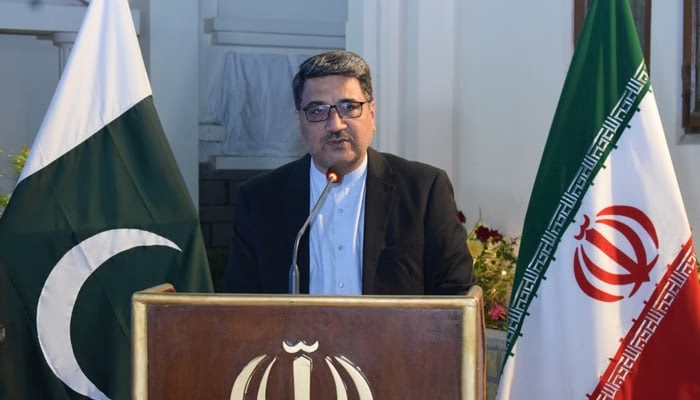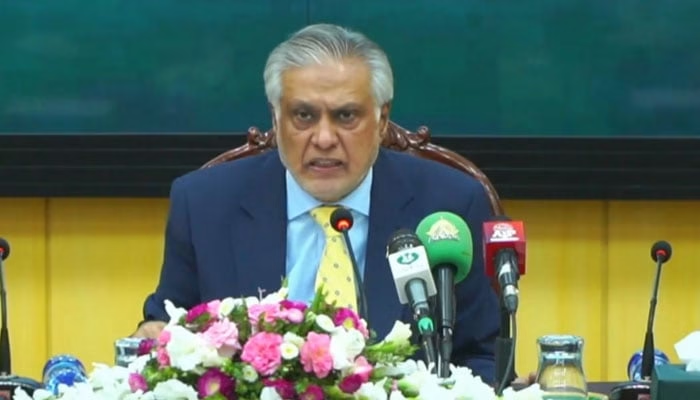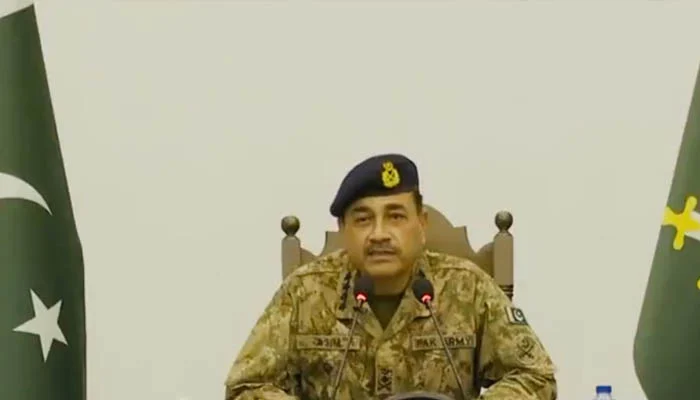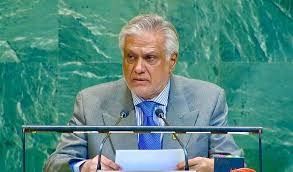Iran’s Consul General in Karachi, Hassan Noorian, has called for Pakistan and India to work toward a permanent resolution to their long-standing issues for the sake of lasting peace and regional stability in South Asia. His remarks came during his farewell address at the conclusion of his diplomatic assignment in Pakistan, marking the end of a tenure that witnessed significant progress in Iran-Pakistan relations across multiple domains.
Hassan Noorian, who also held the position of Dean of the Diplomatic Corps in Karachi, urged both nuclear-armed neighbors to seize the opportunity to resolve their differences through dialogue and cooperation. He highlighted that Iran, due to its deep-rooted cultural, historical, and trade connections with both countries, cannot remain a bystander amid regional tensions.
He cited past diplomatic efforts, such as the visit of Iranian Foreign Minister Abbas Araqchi to both India and Pakistan during heightened tensions, as a sign of Iran’s proactive stance in promoting peace and stability in South Asia. Noorian emphasized that Iran’s foreign policy prioritizes building strong relationships with neighboring and Muslim countries. For Iran, fostering harmony in South Asia is not just a political objective but a necessity for collective regional progress.
During his tenure, Iran and Pakistan achieved notable milestones in diplomatic, economic, cultural, educational, and people-to-people ties. One of the earliest and most symbolic moments came just months after Noorian assumed his post in June 2021, when Iranian Army Chief of Staff Major General Mohammad Bagheri visited Pakistan. The visit resulted in agreements focused on joint efforts against terrorism and strengthened regional security cooperation.
In economic relations, several initiatives were launched to boost trade between the two countries, particularly in Sindh. A solo Iranian trade exhibition was held in Karachi with participation from the Deputy Minister of Commerce, followed by the Let’s Go Tehran investment conference and regular exchanges with the Tehran Chamber of Commerce. A major breakthrough was the agreement to resolve business disputes through arbitration, offering significant ease to traders on both sides.
Noorian’s efforts also led to greater educational and cultural collaboration. Memorandums of understanding were signed between Pakistani and Iranian universities to facilitate student and researcher exchanges. A renewed push was made to promote Persian language education in Pakistani institutions. Culturally, events like the Charming Iran conferences and the food festival Two Nations, One Banquet helped strengthen public diplomacy and deepen mutual appreciation between the peoples of both nations.
His tenure was not without its challenges. Tensions flared in early 2024 when Iran launched a strike inside Pakistani territory in Balochistan, targeting alleged hideouts of the militant group Jaish al-Adl. Tragically, two children were killed in the attack. Pakistan responded with precision missile strikes on Iranian territory, targeting separatist groups. Remarkably, both countries managed to contain the fallout and restore diplomatic normalcy within days, showcasing their shared commitment to counterterrorism and regional peace. Iran’s participation in the IDEAS 2024 defense expo in Pakistan was seen as a testament to that restored trust.
Another highlight of Noorian’s tenure was the series of high-level visits and agreements. Former Iranian Foreign Minister Amir Abdul Hayan visited Pakistan and met political and provincial leaders, resulting in the renaming of Karachi’s Old Clifton Road to Shahrah Imam Khomeini. The most historic event came when Iranian President Ayatollah Dr. Seyyed Ebrahim Raisi visited Pakistan — the first visit by an Iranian president to Karachi in decades. Accompanied by a large delegation, his visit resulted in the signing of eight memorandums of understanding and a commitment to increase bilateral trade to ten billion dollars annually. The president also received an honorary doctorate from the Governor of Sindh.
Other notable exchanges included a trade mission led by the Governor of Khorasan to Karachi and the return visit of Sindh’s leadership to Mashhad with a delegation of prominent businessmen.
Hassan Noorian’s deep connection with Karachi extended beyond diplomacy. He recalled how his son was born in a hospital opposite the Iranian consulate during his earlier posting in the city in the 2000s. Over time, Pakistani culture and cuisine became part of his family’s everyday life — so much so that his wife still prepares biryani and traditional Iranian-Pakistani fusion dishes at home.
In his farewell message, Noorian emphasized that while diplomatic titles may change, the duty to serve peace, harmony, and the people of the region remains constant. He concluded with a heartfelt message of unity and brotherhood, cautioning against the divisive thinking of the Western world and advocating for direct dialogue between neighboring nations.



